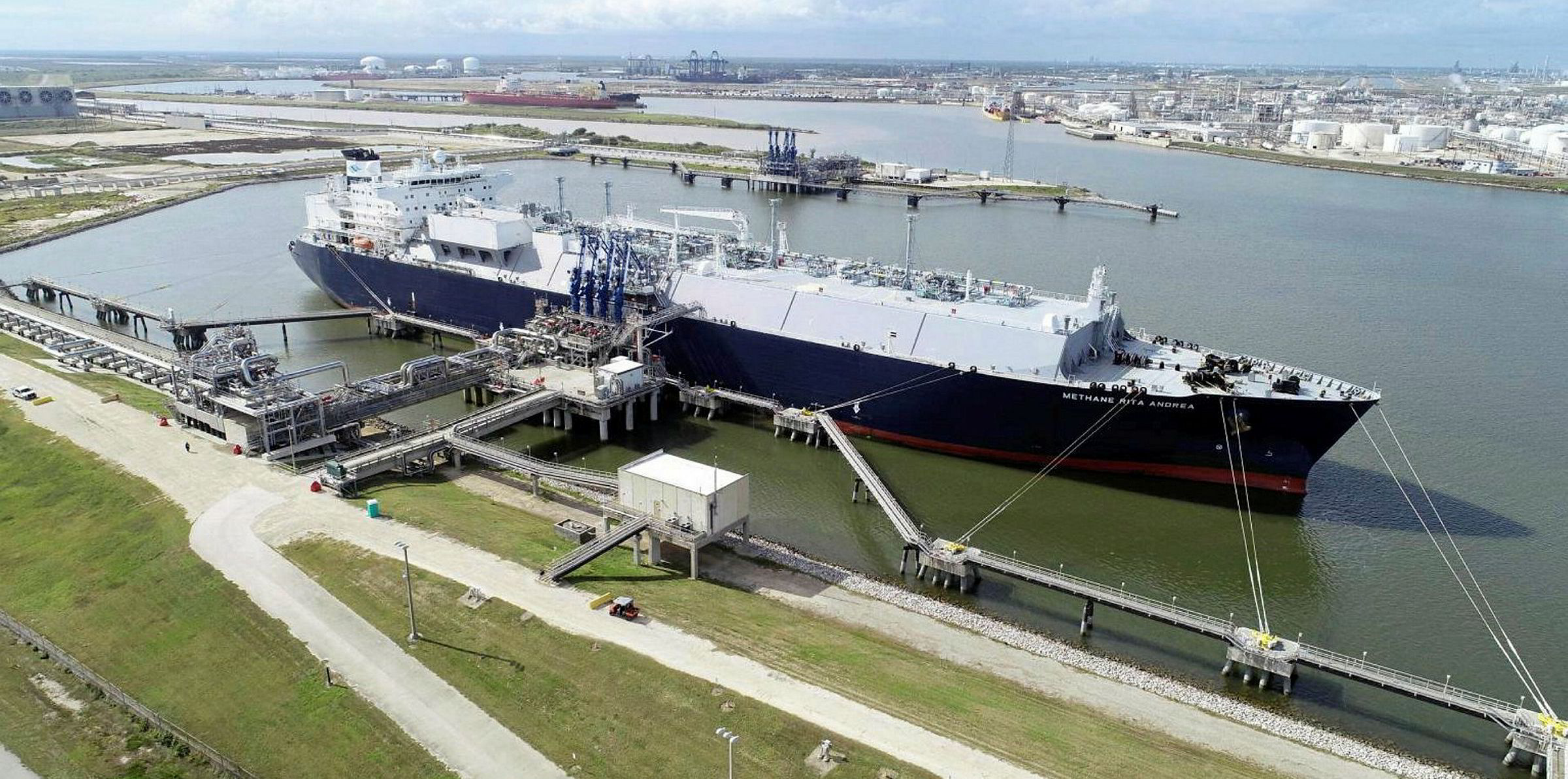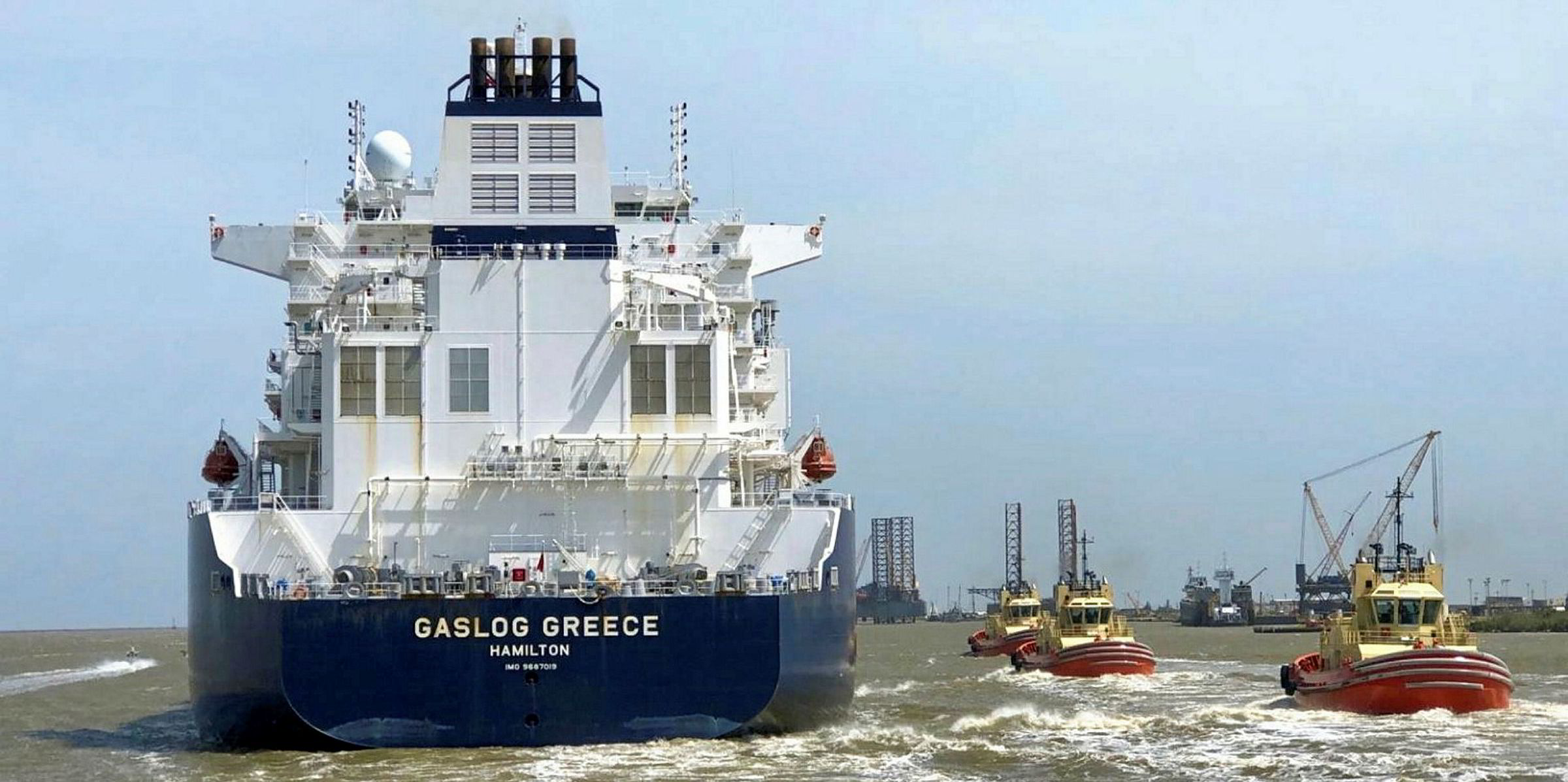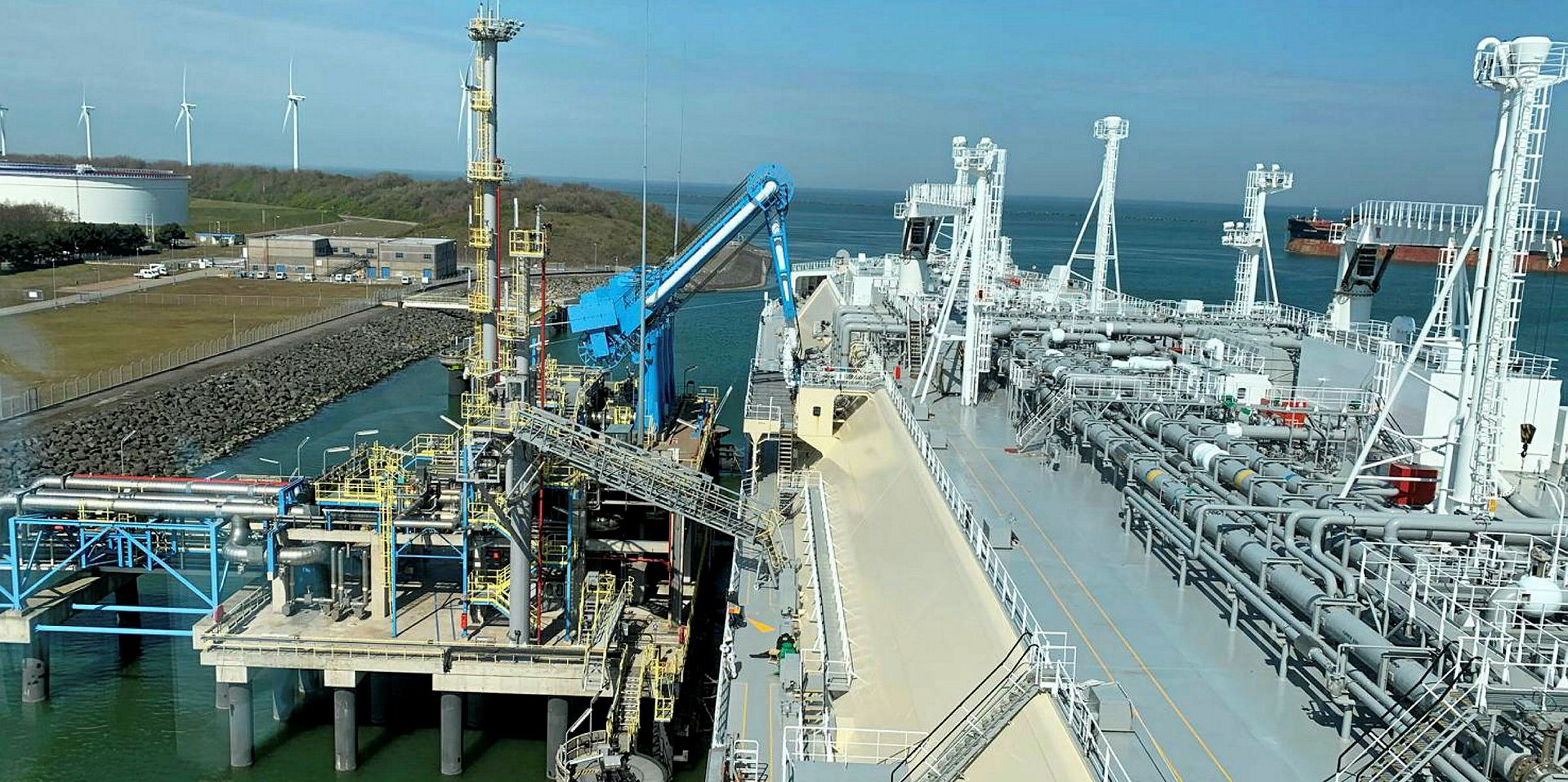Spot charter rates for LNG carriers remained glued to their new low floor this week as talk emerged of likely cargo cancellations for August.
Brokers confirmed about 20 to 25 LNG cargo cancellations but said they expect the number to rise to nearer 40 or 45 when the final figures materialise.
This is also expected to be the tally for July, once the figures have been totalled up.
There were between 30 and 35 cancellations recorded for June.
Charterers that have contracts with US producers have until the 20th of each month to declare whether they plan to cancel their cargoes 60 days in advance.
Some market players had expressed hopes that cargo cancellations might start to fall in August, particularly as the forward paper market is showing strength for the fourth quarter.
Elongated bottom
There was a flurry of excitement last week when a price contango briefly opened up, with brokers reporting a sharp deluge of enquires for vessels for multi-month charters.
But owners raised their rate offers and the cargo market fell away as swiftly as it had arrived, they explained.
This week, market players spoke about rates of LNG carriers as “moving sideways” and continuing to bump along what one broker described as an “elongated bottom”.
Spot rates for two-stroke ME-GI and X-DF vessels were in the high to mid-$30,000 per day range, with ships trading in the Atlantic earning the stronger figures. This is around half of their break-even levels.
Tri-fuel diesel-electric vessels were pegged at about $30,000 per day in the Atlantic, falling to daily rates in the high $20,000s for ships in other regions to the East.
Steam-turbine LNG carriers were holding in the mid-$20,000 per day range or lower, brokers said.
This week, Indian Oil Corp appeared in the market with a requirement for a vessel to take on charter for 100 days. But activity was largely muted as players scouted around to determine the extent of the cargo cancellations.
Cancellation acceleration
Buyers of US cargoes first started cancelling their shipments in April, as the impact of the Covid-19 demand destruction began to play out in the market and gas prices moved to all-time lows.
The situation accelerated in May when up to 20 cargoes were cancelled.
The focus has been on cancellations of shipments from the liquefaction plants of the three main US producers — Cheniere Energy, Freeport LNG and Cameron LNG.
But in the past few weeks, other producers have indicated they will be cutting back their output amid weak prices and lower demand, and delays for shipping have been seen in other regions.
Petronas in Malaysia is opting to slow its production and bring forward planned plant maintenance, due to the current climate.
In Australia, consultant EnergyQuest noted that of the 93 LNG cargoes exported during May, 35 were delayed from discharging with vessels sitting at anchorage, circling offshore or slow steaming prior to reaching their destination.







